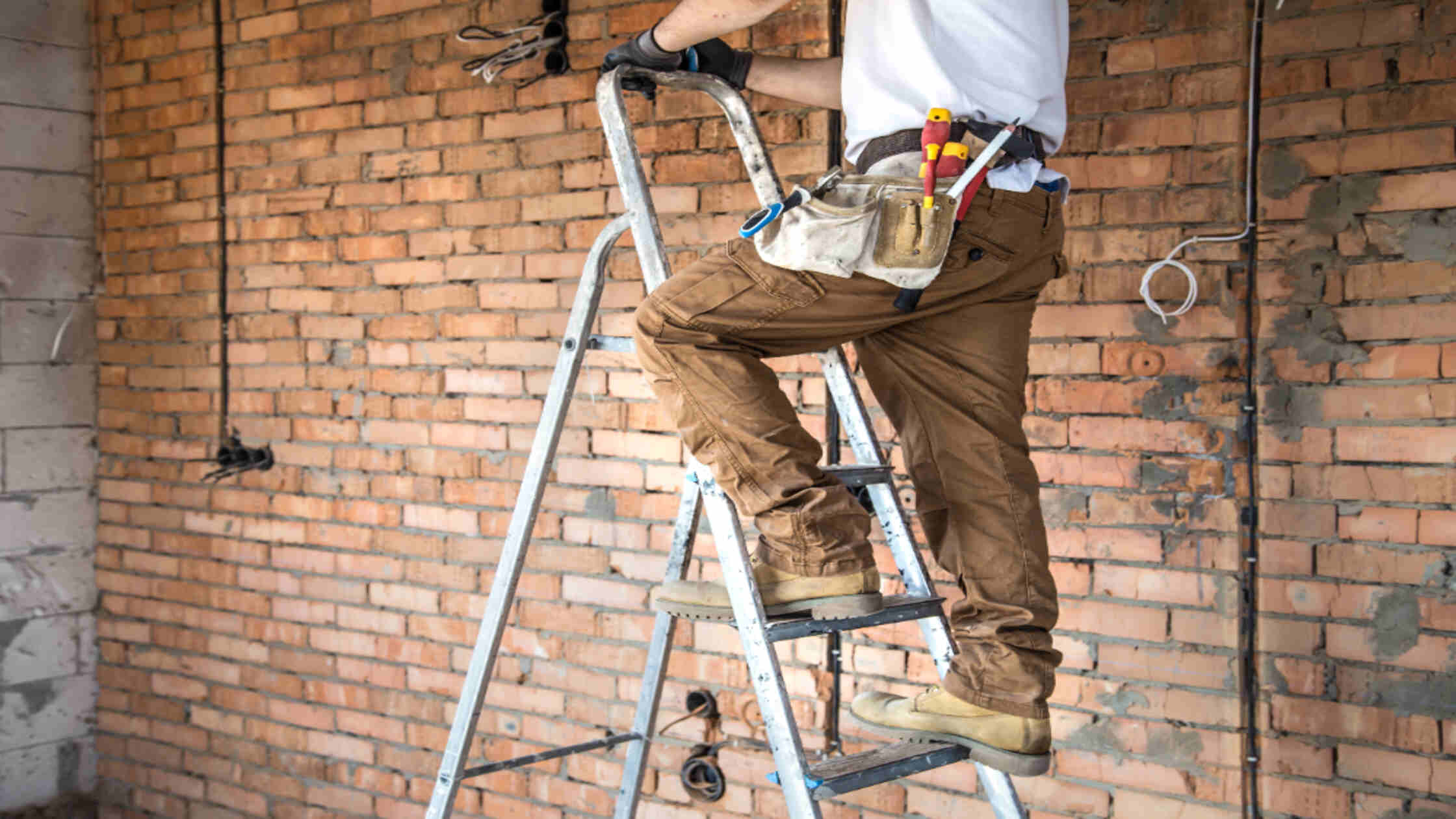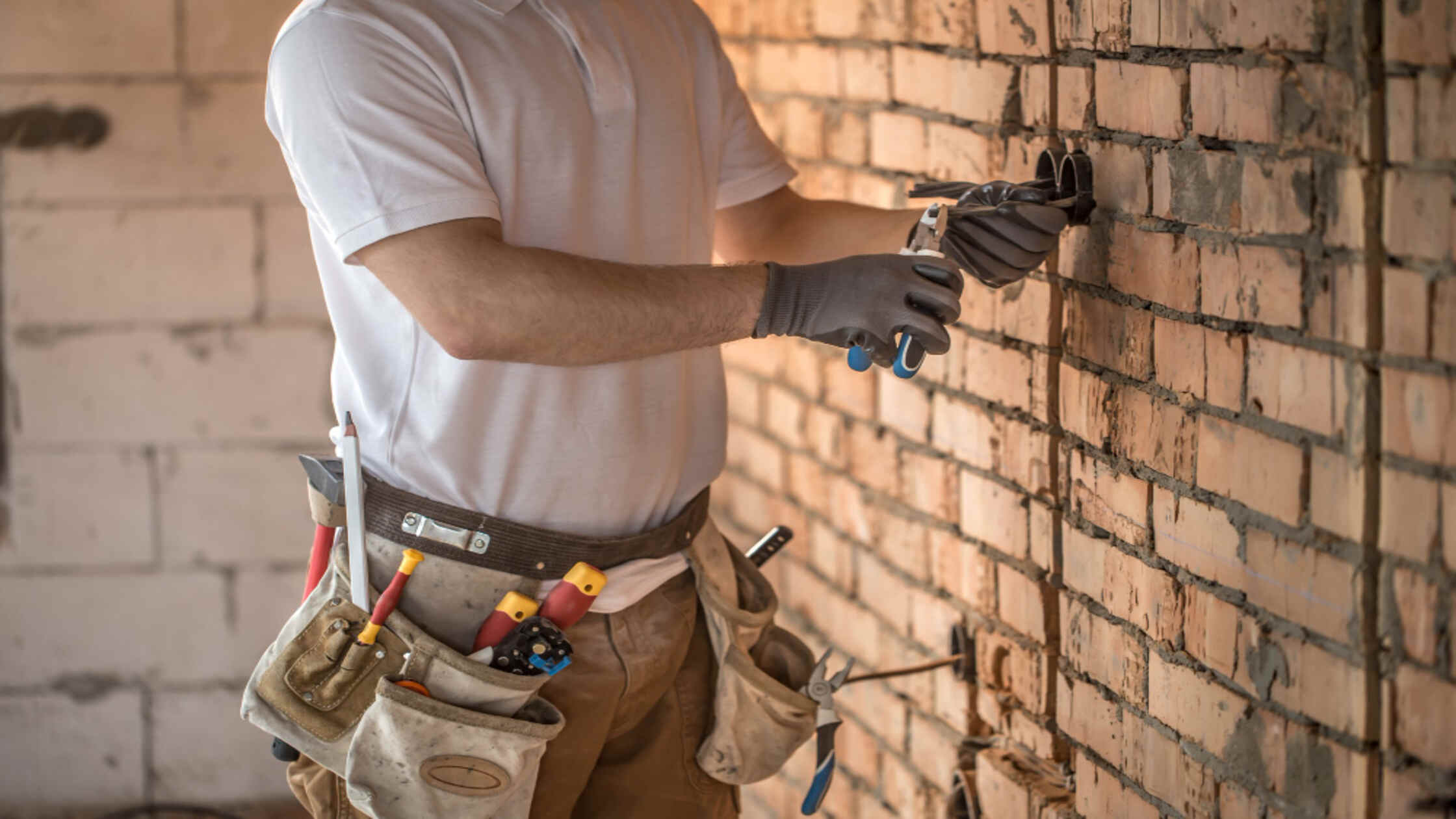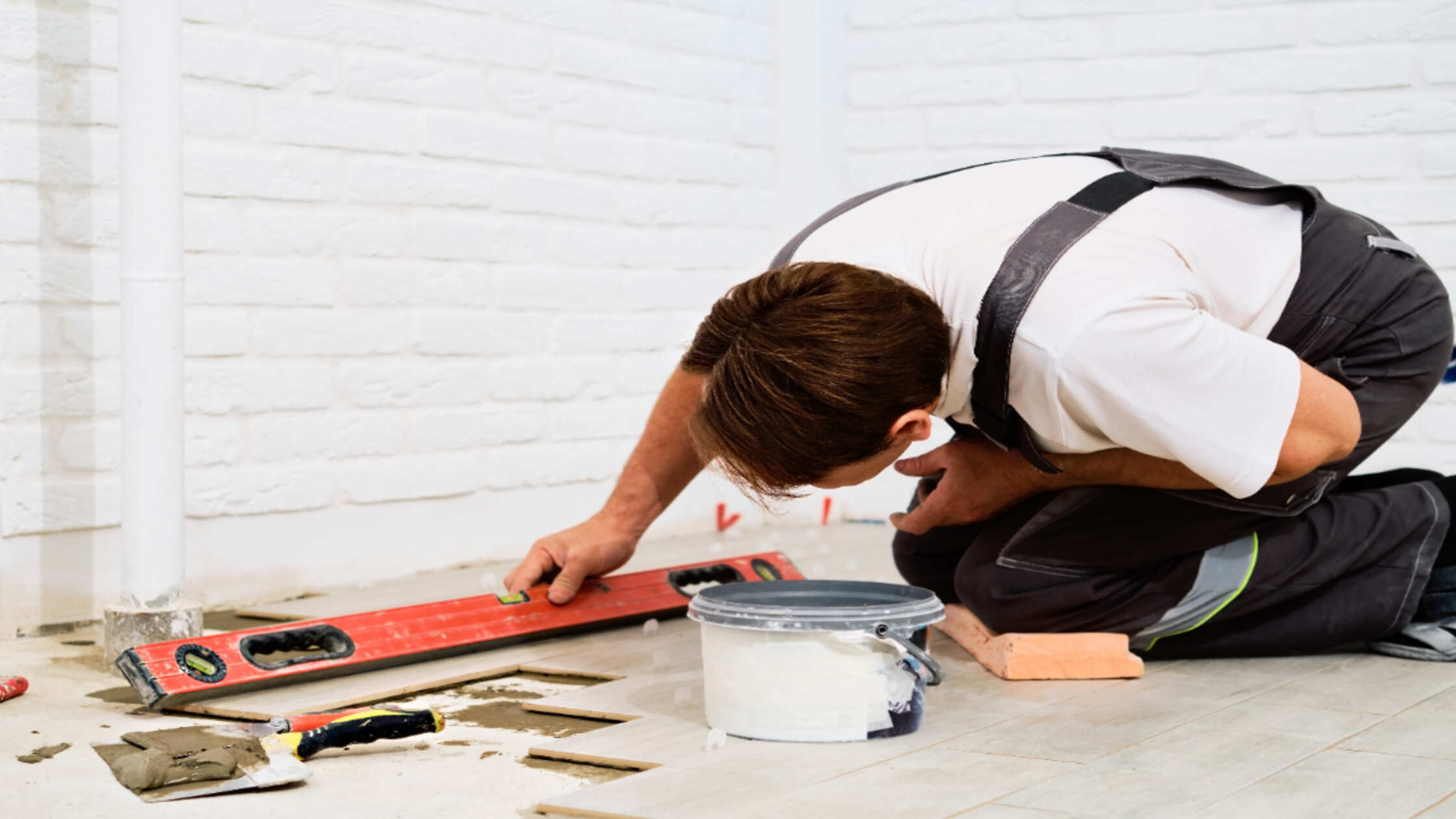
In Oregon, both landlords and tenants share responsibilities for keeping rental units safe, healthy, and habitable. Landlords must handle necessary repairs, while tenants can address minor issues affecting habitability and deduct the costs. This article will help you understand the landlord repair laws Oregon, from necessary repairs to the tenant's limited right.
Landlord Responsibilities for Repairs

Landlords in Oregon are legally obligated to maintain their rental properties. There are several key responsibilities.
Keeping Rentals Habitable and Safe
Oregon fair housing laws require landlords to ensure their properties are habitable and safe. This includes effective waterproofing, weather protection, and maintaining plumbing, electrical, and heating systems in good working order. Properties must be free from hazards, debris, and infestations to protect tenants' health and safety.
Providing Required Services Like Heat and Water
Landlords must provide essential services such as heating, hot and cold running water, and proper sewage disposal. These systems need to comply with legal standards and be maintained regularly.
Making Timely Repairs as Needed
Timely repairs are a critical part of a landlord responsibilities Oregon. Landlords must promptly address repair requests to fix issues like broken locks, non-functional smoke detectors, and other safety-related problems. Regular maintenance helps prevent minor issues from becoming major concerns.
Tenant Responsibilities for Maintenance
On the other hand, tenants also have specific duties to keep the rental unit in good condition.
Maintaining Cleanliness in the Unit
Tenants must keep their rental units clean and free from debris, rubbish, and vermin. They are also responsible for cooperating with landlords in efforts to remedy any cleanliness issues that arise.
Proper Use of Appliances and Fixtures
Tenants are expected to use appliances and fixtures reasonably and as intended. This includes maintaining plumbing fixtures, using electrical, heating, and cooling systems properly, and ensuring that all facilities and appliances are used in a manner that prevents damage and ensures longevity.
Reporting Issues to Landlords Immediately
Tenants should promptly report any maintenance issues or damages to the landlord. Immediate reporting allows for timely Oregon landlord tenant law repairs, preventing minor problems from becoming significant issues that could affect habitability.
Tenant Rights to Repair and Deduct in Oregon

Oregon fair housing laws provide tenants with specific rights to address minor habitability issues when landlords fail to act.
Steps for Tenants to Use Repair and Deduct
How to get landlord to fix things?
Tenants can utilize the repair and deduct remedy for minor habitability issues if the landlord does not make necessary repairs after being notified.
- Notification: Provide written notice to the landlord of the issue.
- Wait time: Allow a reasonable time for the landlord to make the repairs.
- Proceed with repairs: If the landlord fails to act, tenants can repair the issue themselves and deduct the cost from their rent, up to $300.
- Documentation: Keep receipts and records of the repairs.
Conditions and Limits on Tenant Repairs
The repair and deduct option comes with specific conditions and limits. The repair must address a habitability issue, and the total cost must not exceed $300. Tenants must follow the proper notification process and provide the landlord with the opportunity to make the repairs.
Written Maintenance Agreements Between Landlords and Tenants
In some cases, landlords and tenants can agree on specific maintenance tasks the tenant can perform. These agreements must be clear, fair, and in writing.
How Written Repair Agreements Work
Written maintenance agreements outline specific repairs or tasks that tenants can perform. These agreements must be entered into in good faith and not for the purpose of evading the landlord's responsibilities. The terms and conditions of the agreement must be clearly disclosed, and adequate consideration must be provided. Such agreements can offer flexibility and clarity for both parties
Protecting Rights Under Oregon Landlord Laws
Both landlords and tenants should understand their rights and responsibilities under Oregon habitability laws. Written agreements should be carefully drafted so that both parties can be well-informed.
Endnote
Creating a positive rental experience in Oregon starts with knowing the rules. This mutual understanding about landlord repair laws Oregon helps prevent conflicts and promotes a thriving living environment. Together, you can build a respectful and supportive rental relationship that stands the test of time.



